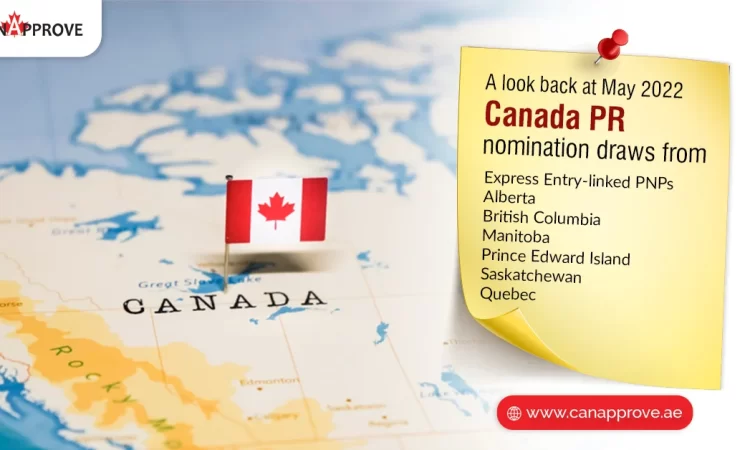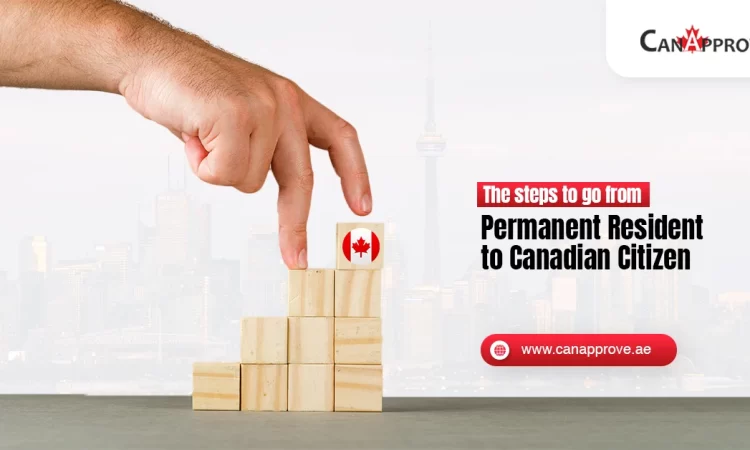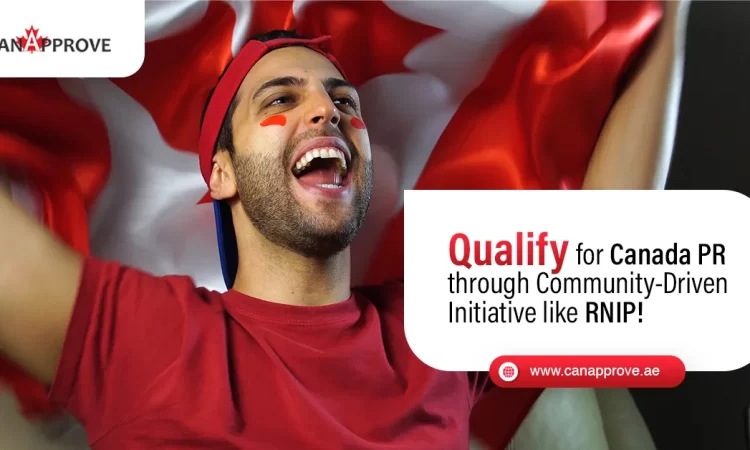Ontario posts an incredible immigrant retention rate of over 93%. A large number of immigrants prefer Ontario due to its open economic opportunities, and well-established immigrant communities. In fact, Ontario welcomed about 49% of all Canadian permanent residents or about 198,000 profiles in 2021. And the good news is that the Ontario PNP is on track to issue nearly 9,000 invitations to apply for a provincial nomination in 2022.
Qualifying for Canada Permanent Residency via PNP
Canada allows its provinces and territories to run their own Provincial Nominee Program (PNP) which attracts immigrants with specific skills and experience to support local labor force needs.
Such nominated candidates are qualified to apply for Canada permanent residency by virtue of gaining Canadian experience. Now they can settle in any part of the country, even outside the province that nominated them.
Immigration Categories Under Ontario PNP
Ontario invites eligible candidates under four immigration categories and within most categories are sub-streams.
- Human Capital Priority Steams
- Master and Ph.D. Categories
- Employer Job Offer Category
- Entrepreneur Category
Those who wish to qualify for Canada permanent residency through provincial nominations have nine pathways to choose from under Ontario PNP.
Express Entry Categories
Ever since the introduction of the Express Entry system in 2015, all provincial nominee programs have at least one stream that nominates candidates directly from its federal pool of foreign skilled talent.
- Human Capital Priority Streams: Those who are eligible for the Federal Skilled Worker Program (FSWP) or Canadian Experience Class (CEC), are also eligible for a provincial nomination in Ontario.
- French Speaking Skilled Worker Class: For those who are highly skilled in both official languages- English and French, Ontario PNP will favor them for provincial nominations. This stream is identical to FSWP but with a mandatory Canadian Language Benchmark (CLB) of 7 in French and a 6 in English.
- Skilled Trades Stream: Candidates who are eligible for Express Entry under the Federal Skilled Trades Program (FSTP) are eligible for provincial nomination through the Skilled Trades stream. This means candidates must have a minimum of one year’s work experience within their trade, and it must fall into National Occupational Classification (NOC) codes Minor Group 633 or Major Groups 72, 73, or 82.
Master and Ph.D. Categories
There are exclusive immigration programs designed for master’s students and Ph.D. students who graduate from Ontario universities and plan to stay in the province.
- The Masters Graduate stream requires at least one year of study at an eligible Ontario university and graduation from the program.
- The Ph.D. Students stream must complete at least two years of their Ph.D. in Ontario.
In order to qualify under both streams, candidates must have lived in Ontario for at least one year over the past two years.
Employer Job Offer Category
This category is for those aspirants with a job offer from a local employer in Ontario.
- Employer Job Offer: Foreign Worker Stream: Foreign workers who are abroad and have a job offer from an Ontario employer may qualify under this stream. The job must fall under NOC codes 0, A, or B and you must be able to demonstrate an appropriate license (where needed) or a cumulation of two years’ work experience in the same occupation.
- Employer Job Offer: International Graduates: Candidates who are graduating from colleges or universities in foreign countries and have received job offers from an employer in Ontario may apply.
- Employer Job Offer: In-demand occupations: Skilled workers either in Canada or abroad with experience that falls under NOC C or D may apply.
Entrepreneur Category
The Ontario PNP also invites foreigners to start their own businesses in the province and contribute to the economy.
Candidates for this category must also submit an Expression Of Interest (EOI). If they are invited to apply, they are required to attend a mandatory interview and sign a performance agreement.
Initially, they will be issued a temporary work permit to move to Canada and implement their proposed business plan in the next 20 months. Upon final review, they are eligible for Canada permanent residency.
If you are looking to immigrate to Canada, you may book a free appointment with CanApprove,
We are a certified immigration consultant that will help determine your eligibility based on work experience or academic profile, submit your EOI, and offer professional guidance in completing your documentation process.















